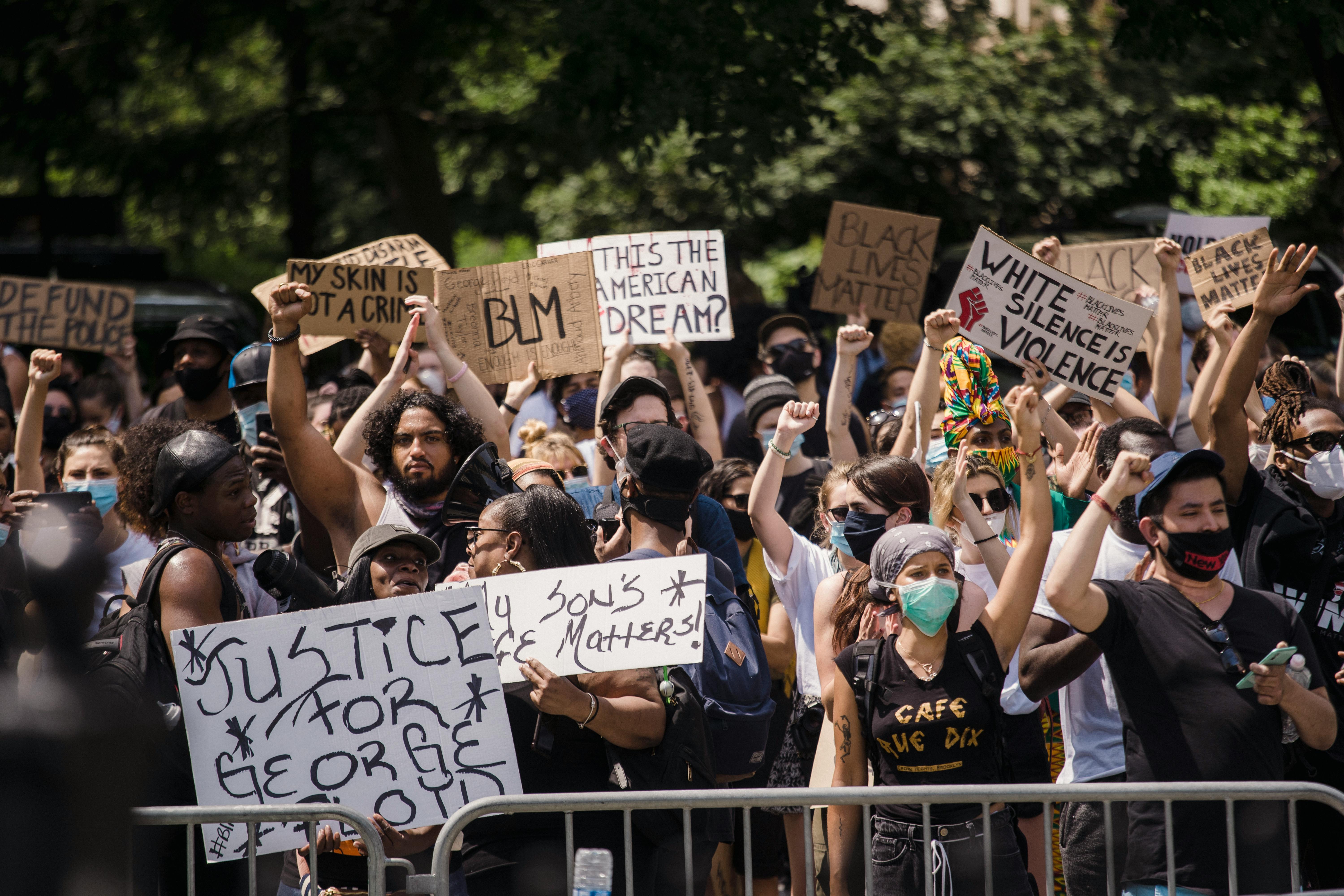The myth that prisoners have it easy
The public expects prison life to be worse than life for the lowest class of free individuals, because otherwise prison is not fully considered a punishment. The comforts enjoyed by prisoners are quickly condemned by free people who disdain prisoners or do not have those same advantages.
Historically, federal prisons have been nicer than state prisons. Some people on the street intentionally commit federal crimes to obtain the easiest conditions in the federal prison system. The Zimmer Amendment was passed in 1996 after the disclosure of a federal penitentiary with all-channel cable television, movies seven days a week, pool tables, handball, tennis, and miniature golf; a federal prison camp that offers a movie theater, musical instruments, a softball field, and game rooms; a federal correctional institution with “dormitories” with high ceilings, carpet, skylights, built-in checkers and chess tables, and handball courts; and a federal penitentiary in Lewisburg, Pennsylvania, which offers HBO and Cinemax to its resident drug dealers and killers. The Zimmer Amendment made sure that federal inmates were not allowed things like weight-lifting equipment, R-rated movies, or musical instruments. This was in accordance with the punitive model and accurately reflects the views of the public. But federal institutions hold a small minority of American prisoners. In state prisons and local jails, conditions are harsher than in the federal system.
Many Americans want prison to be a miserable experience for inmates, even if it conflicts with rehabilitation efforts. They think that life in prison is not all bad, that prisoners have it too easy. This is largely based on the long-standing public perception of some federal prisons. The public doesn’t see much inside state penitentiaries. A lot of bad things happen in state prisons and local jails that are never reported to the outside world. Out of sight, out of mind. Television coverage of crime distorts the public’s perception. Crime is declining across the country, but a large percentage of the public believes it is on the rise. Probation and probation are considered to be a slap on the wrist. Public anger rises when a parolee or parolee commits a serious crime.
Reality differs from public perception. Most members of the public will never visit a prison or talk to anyone who has experienced life behind bars. Prison takes criminals away from their families, marriages, jobs, friends, communities, and churches and puts them in an extremely bad moral environment for years. The social organization in prison revolves around ruthless prison gangs, motivated by racism, hatred, satanic influences and violence. Life among these mostly uneducated criminals, including members of opposing gangs, the insane, and the insane, is generally unpleasant. Overcrowding makes everything worse in most prisons today. Many prisoners are beaten, raped, mistreated or live in fear. Deviant and forced sex is on the rise because members of the opposite sex are not available. The guards can be unpleasant and brutal. Disturbing noises and bad smells are everywhere; sunlight and fresh air are limited. In most prisons today, overcrowding makes everything worse. Extremely limited food, clothing, and shelter are the norm. Freedom is gone. About 16% of inmates suffer from mental illness and a high percentage suffer from communicable diseases, such as HIV-AIDS, hepatitis C, staph infections and tuberculosis. Families and friends often stop communicating with incarcerated relatives. Boredom and inactivity take their toll. Depression is common. Suicide is 5 to 15 times higher than in the US as a whole.
Criminals assume unhealthy institutional values, procedures and thoughts. Prison or institutionalization often makes prisoners worse off. While people abroad earn money, have fun, and learn things, the social contacts and skills, sanity, vocational prospects, and remaining wealth of convicts dwindle. When released, many are branded “criminals” for life. Yes, their food, clothing, shelter, and most of their health care needs are met, but almost everything that makes life enjoyable is gone as they rot in prison. It is pure myth that prisoners have it easy.
